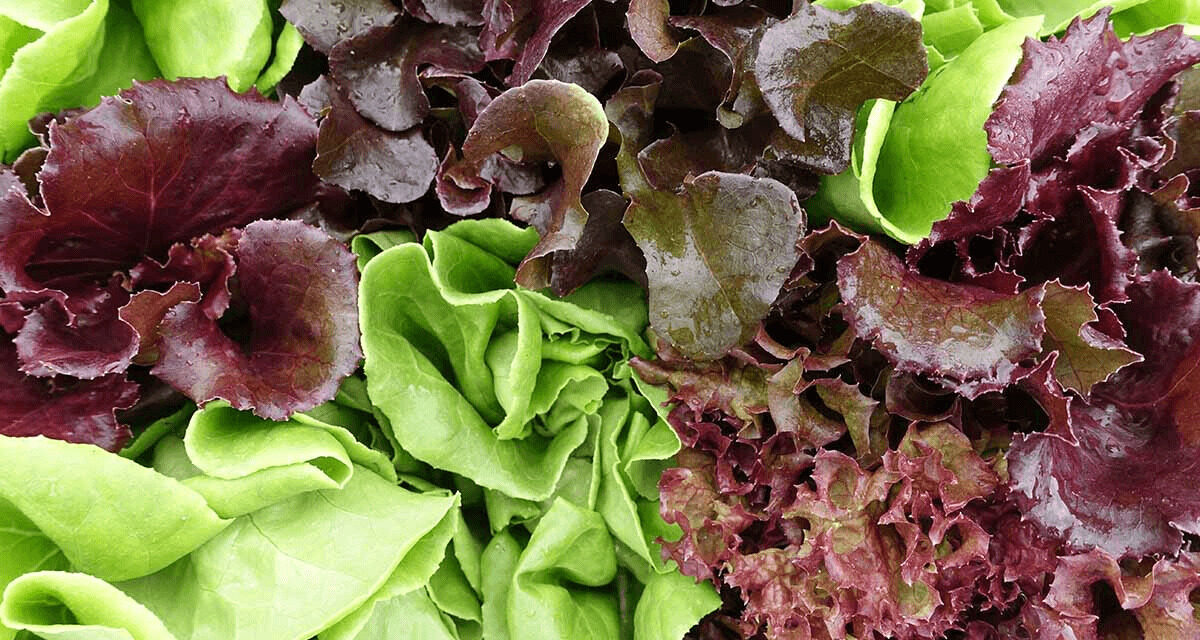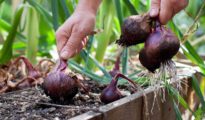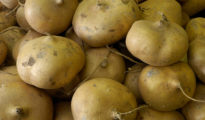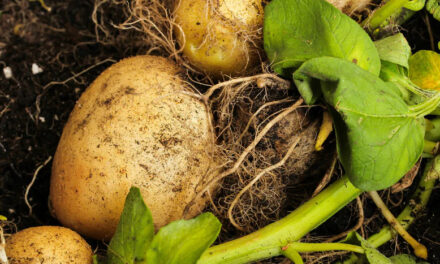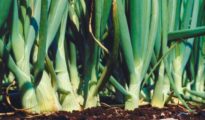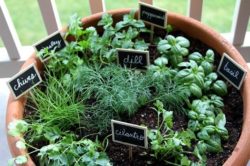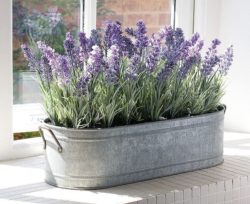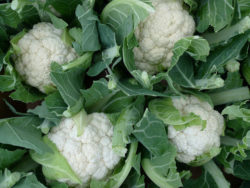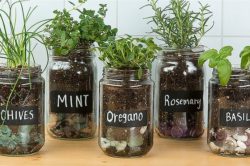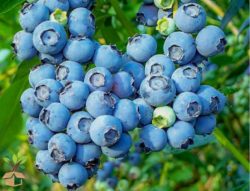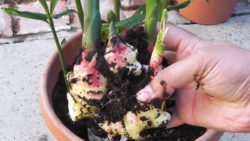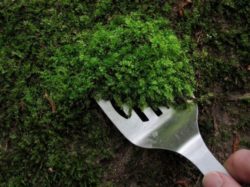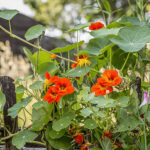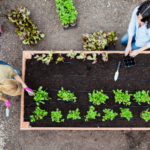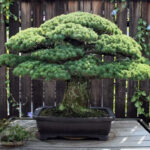If you're looking for a salad that's packed with flavor and nutrition, mesclun is the perfect choice. Mesclun is a mix of young salad greens that typically include arugula, lettuce, endive, and other flavorful greens. Mesclun is easy to grow, and it's an excellent choice for gardeners who want to add some diversity to their salad bowl. In this guide, we'll cover everything you need to know about growing mesclun, including what it is, its history, how to care for it, pests and diseases, harvesting, and more.
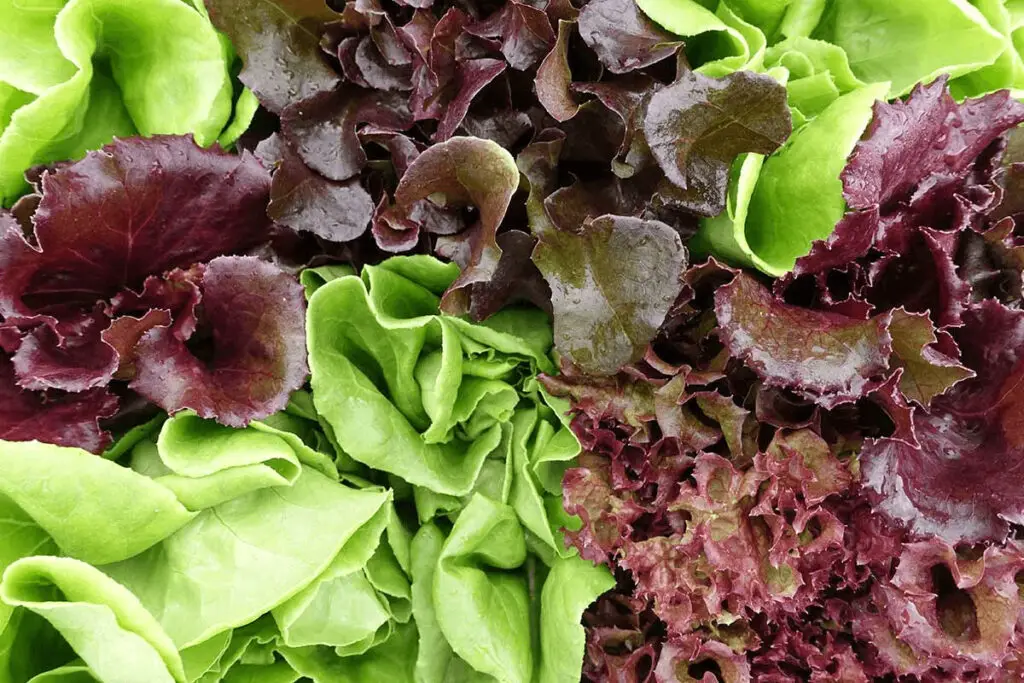
What is Mesclun?
Mesclun is a term that originates from the Provençal language, which is spoken in the southeastern region of France. The word “mesclun” translates to “mixture” or “medley.” In the culinary world, mesclun refers to a mix of young salad greens that are harvested when they are still small and tender. Mesclun typically includes a variety of greens, including lettuce, arugula, endive, and radicchio.
Mesclun has become increasingly popular in recent years, as more people are looking for healthy and flavorful salad options. Mesclun is often sold in pre-packaged bags in grocery stores, but it's also easy to grow at home.
The History of Mesclun
Mesclun has a long and storied history. The origins of mesclun can be traced back to the 17th century in Provence, France. At that time, farmers would plant a variety of salad greens in their fields to provide a diverse mix of flavors and textures.
Over time, mesclun became a popular ingredient in French cuisine. In the 20th century, mesclun began to gain popularity outside of France, particularly in the United States. Today, mesclun is a staple in many salads, and it's grown all over the world.
How to Grow Mesclun
Mesclun is easy to grow, and it's an excellent choice for beginner gardeners. Here's everything you need to know to get started:
- Choose a location: Mesclun prefers well-draining soil that's rich in organic matter. Choose a sunny location with partial shade in the afternoon. Mesclun can also be grown in containers.
- Planting: Mesclun can be planted in the spring or fall. Plant the seeds about 1/4 inch deep and 1 inch apart. Cover the seeds with soil, and water gently.
- Watering: Mesclun needs consistent moisture to thrive. Water the plants deeply once or twice a week, depending on the weather.
- Fertilizer: Mesclun doesn't need a lot of fertilizer, but it benefits from a balanced, slow-release fertilizer applied every few weeks.
- Pests and diseases: Mesclun is relatively pest and disease-resistant, but it can be susceptible to aphids, slugs, and snails. To prevent these pests, keep the area around the plants clean and free of debris. You can also use organic insecticides or handpick the pests off the plants.
- Harvesting: Mesclun can be harvested when the leaves are about 2-3 inches long. Harvest the outer leaves first, leaving the inner leaves to continue growing. Mesclun can be harvested continuously throughout the growing season.
- Storage: Mesclun should be washed and dried thoroughly before storage. It can be stored in the refrigerator for up to a week.
How to Care for Mesclun
Mesclun is a relatively low-maintenance plant, but there are a few things you can do to help it thrive:
- Watering: As mentioned before, mesclun needs consistent moisture to thrive. Watering the plants deeply once or twice a week, depending on the weather, is essential. Keep the soil moist but not waterlogged, as mesclun can rot if it's sitting in water for too long.
- Soil: Mesclun prefers well-draining soil that's rich in organic matter. Adding compost to the soil can help provide the necessary nutrients for the plants to grow.
- Fertilizer: Mesclun doesn't require a lot of fertilizer, but it can benefit from a balanced, slow-release fertilizer applied every few weeks. It's essential not to over-fertilize, as this can cause the plants to grow too quickly and become bitter.
- Mulching: Mulching around the plants can help retain moisture in the soil and keep the area around the plants clean and free of debris.
- Weeding: Mesclun is a small plant and can be easily overwhelmed by weeds. Keeping the area around the plants free of weeds can help the plants thrive.
Pests and Diseases
Although mesclun is relatively pest and disease-resistant, it can still be susceptible to some common garden pests and diseases. Here are a few things to look out for:
- Aphids: Aphids are small, soft-bodied insects that feed on the sap of plants. They can cause stunted growth and distortion of the leaves. You can use insecticidal soap or a strong stream of water to remove aphids from the plants.
- Slugs and snails: Slugs and snails can be a problem, especially in wet conditions. They can chew holes in the leaves of mesclun plants. To prevent slugs and snails, keep the area around the plants clean and free of debris, and use copper tape or diatomaceous earth to create a barrier around the plants.
- Powdery mildew: Powdery mildew is a fungal disease that can affect mesclun plants. It causes a white, powdery coating on the leaves and can lead to stunted growth and reduced yield. To prevent powdery mildew, ensure proper air circulation around the plants, and avoid overwatering.
Harvesting Mesclun
Mesclun can be harvested when the leaves are about 2-3 inches long. Harvest the outer leaves first, leaving the inner leaves to continue growing. This method of harvesting is called “cut and come again,” and it allows you to harvest mesclun continuously throughout the growing season.
When harvesting mesclun, it's important to use clean, sharp scissors or shears. Cut the leaves about an inch above the soil level. After harvesting, wash the leaves thoroughly and dry them before storing them in the refrigerator.
Storing Mesclun
Mesclun should be washed and dried thoroughly before storage. It can be stored in the refrigerator for up to a week. To store mesclun, wrap it in a clean towel or paper towel and place it in a plastic bag or container with a lid. Make sure to leave some air in the bag or container to prevent the leaves from getting too moist.
Growing mesclun is an excellent way to add diversity and flavor to your salad bowl. With its rich history and easy-to-grow nature, mesclun is a great choice for beginner gardeners and experienced growers alike. By following the tips and guidelines outlined in this guide, you can successfully grow, care for, and harvest mesclun, and enjoy a delicious and healthy addition to your meals.

